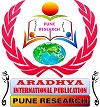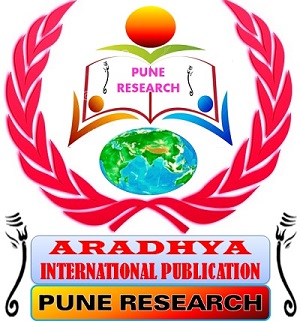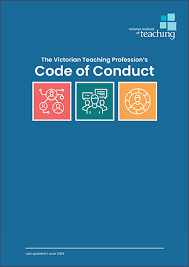VOL- 11 ; ISSUE 04 - PUNE RESEARCH SCHOLAR (ISSN 2455-314X) JIF 4.15
11.4 SCHOLAR
Area of Article : ALL

VOL- 11 ; ISSUE 04 - PUNE RESEARCH SCHOLAR (ISSN 2455-314X) JIF 4.15
Editor in Chief
ABSTRACT
PUNE RESEARCH SCHOLAR
AN INTERNATIONAL MULTIDISCIPLINARY JOURNAL
( ISSN 2455 - 314X ONLINE )
VOLUME 11 , ISSUE - 04 (JUNE TO JULY 2025) (JIF 4.15)




